Production
Production 2019 | |
Buen Manejo del Campo S.A. de CV - Debt - EUR 0.9 million | |
 | Buen Manejo del Campo S.A. de CV (“Sistema.bio”) is a company that builds, sells, installs, finances, and services a range of high quality, prefabricated, and modular biodigesters and accessories to smallholder farmers. The investment creates significant E&S and Gender impact: (i) biodigesters produce biogas, which can be used to replace fossil fuel and wood-fired cooking (SDG 7), and biofertilizer (known as bio-slurry), which can be used to increase crop yields and replace chemical fertilizers (SDG 2); (ii) potential cost savings on fuel and chemical fertilizers, which can lead to socioeconomic empowerment (SDG 1, 10); (iii) reduction in GHG via a reduction in CO2 emissions from burning of fossil fuels, a reduction in methane emissions from poor waste management, and avoided deforestation (SDG 13, 15); (iv) sustainable waste management and the replacement of wood and fossil fuels used for indoor cookstoves lead to numerous health benefits (SDG 3); (v) use of biogas for cooking reduces the labour burden of fuelwood collection (SDG 8). Note that (iv) and (v) benefit women especially (SDG 5). |
Greenlight Planet Incorporated - Debt - EUR 4.8 million | |
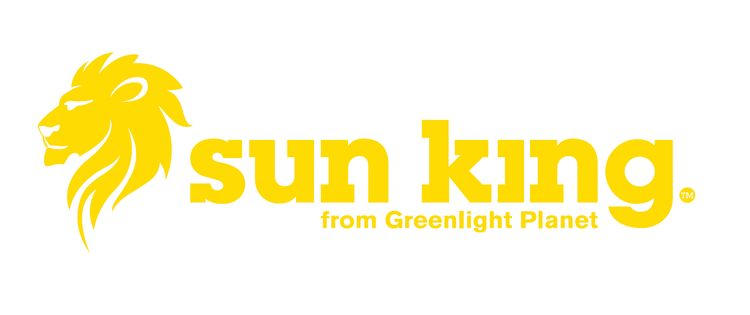 | GLP (est. 2007) is one of the strongest Solar Home Systems (SHS) businesses worldwide, with over 30% market share in the branded market and more than 9 million customers It sells its products (branded as “Sun King”) through a combination of direct cash sales, partners/ distributors and its pay-as-you-go (“PAYGO”). Lack of energy and financial access continues to hold back social and economic development in particularly Sub Sahara Africa (SSA). The transaction fits FMO Energy’s inclusive business and green strategy as well as the to-be-finalized Energy Off-Grid Strategy. |
Lakeside Energy (Private) Limited - Debt - EUR 1.5 million | |
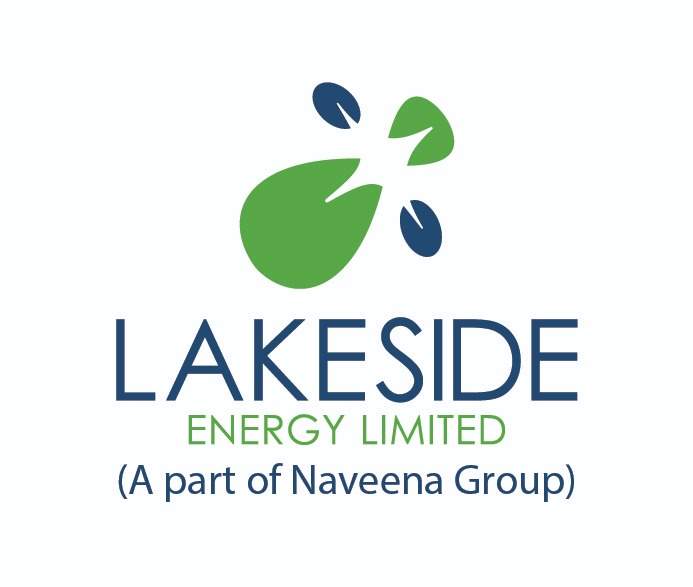 | Lakeside Energy Private Limited concerns a 50MW greenfield wind project on a Build-Own-Operate basis in Jhimpir District Thatta, Sindh, Pakistan. The Project is part of a batch of 12 wind parks (50 MW each) all developed within the same wind corridor. It will produce the much needed low-cost and clean power in Pakistan. The country experiences significant electricity shortages and load shedding. Also, the development of the domestic Renewable Energy sector will (i) reduce the country’s power expenditures and (ii) make Pakistan less vulnerable to oil, gas and coal price movements. |
Djibouti Wind LP - Equity - EUR 10.5 million and Djibouti Wind Company Ltd - Equity - EUR 9,927 | |
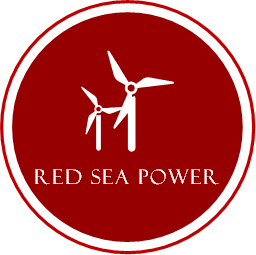 | The investment is meant for the construction and operation of a 60MW wind energy project and associated grid facilities (5 km overhead line and substation) in the Ghoubet area, near Lake Assal, Djibouti. The project will increase the share of Djibouti’s own generation, improving the country’s energy self-reliance and reducing energy costs. |
JCM Salima UK Ltd. - Equity - EUR 7.2 million | |
JCM Salima is a construction-ready 60MWac solar PV project in Salima district of Malawi. The Project creates impact through reducing inequalities (SDG 10), avoidance of greenhouse gas emissions (SDG 13) and job creation / stimulation of economic growth (SDG8). | |
Madagascar Hydro Holdco Limited - Equity - EUR 6.5 million | |
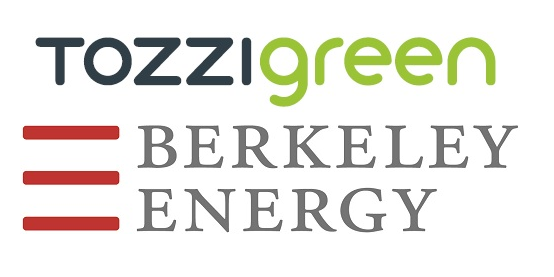 | The project concerns an investment in a platform of run-of-river hydro’s in Madagascar. It is a green transaction that will replace diesel and Heavy Fuel Oil (HFO) in Madagascar – a Least Developed Country (“LDC”). It is a co-investment alongside AREF with a trusted fund manager (and AEF relation). The cheaper tariff of hydro vs diesel/HFO will reduce the overall generation costs in Madagascar. |
Scatec Solar Chigirin BV - Equity - EUR 208,349 | |
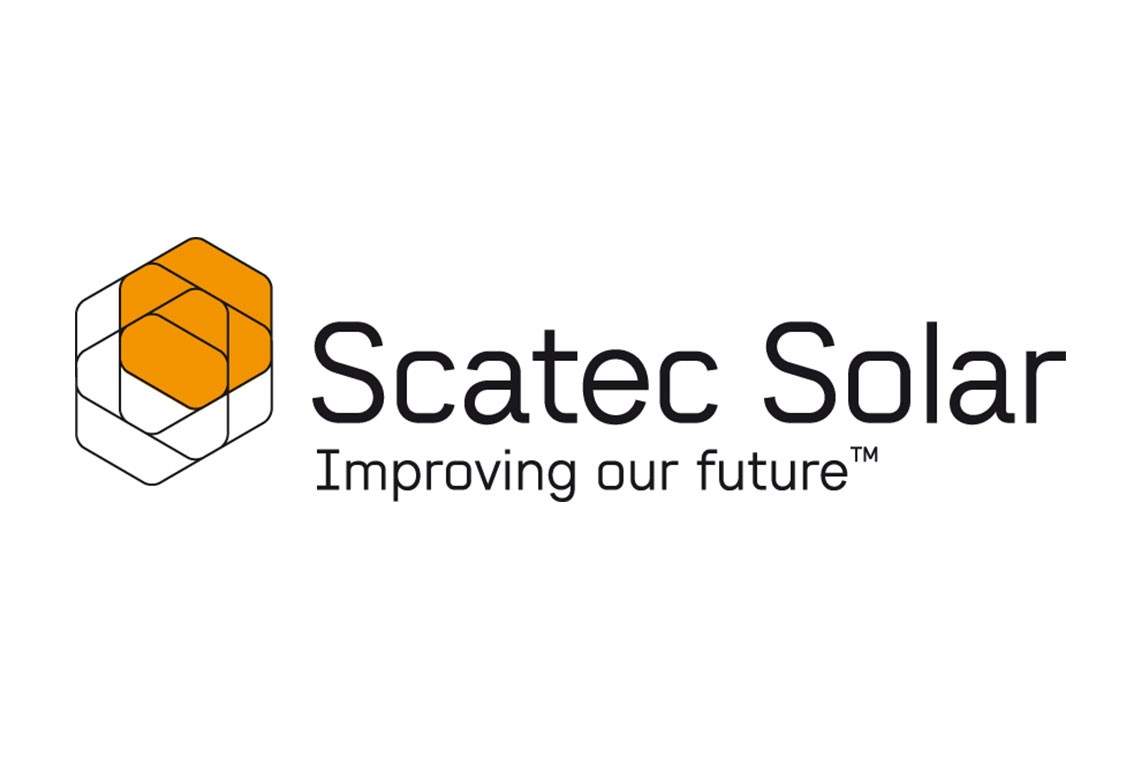 | FMO’s funding will be solely used to develop, construct and operate solar energy projects in the Ukraine, one of the core markets of Scatec Solar. The first tranche of FMO’s investment has been used to (indirectly) fund a 30MW solar PV project in the Cherkasy region in Ukraine. Subsequent tranches of FMO funding will be deployed on another solar PV project under development by Scatec Solar in Ukraine. |
Scatec Solar Ukraine BV - Equity - EUR 4.3 million and debt EUR 3.0 million | |
 | FMO invests in two solar PV projects in the Ukraine: Kamianka 32.15 MWdc / 25WMac and Greenteco 50MWdc. The project contributes to CO2 reduction goals and to PE Energy’s goal to increase the share of direct investments in its portfolio. The investment fits with FMO's solar on-grid energy strategy as the production will support Ukraine's efforts to reform the power sector and execute the Ukraine government's Renewable Energy-agenda. |
Scatec Solar Bangladesh B.V. - Convertible Development contribution - EUR 2.4 million | |
 | This development contribution is meant to cover part of the USD 5.3m development costs related to one of the 1st solar IPP’s in Bangladesh, a 60MWp solar project located in Baispukur village in the Nilphamari northern district of Bangladesh (the “Project”). 30% of the development funding will beprovided by local developer Rahimafrooz Renewable Energy (RRE) and by Scatec and FMO. The Project provides a unique opportunity to improve the livelihoods of a socio-economically vulnerable group of people, whose current livelihood is extremely fragile and marginal. Given population density, flooding issues and land use patterns in rural Bangladesh, this site is in fact relatively unencumbered, from an E&S perspective. The Project would be the first large scale solar pv IPP in Bangladesh. |
SDG INVESTMENT FUND S.A. - Mezzanine - EUR 6.7 million | |
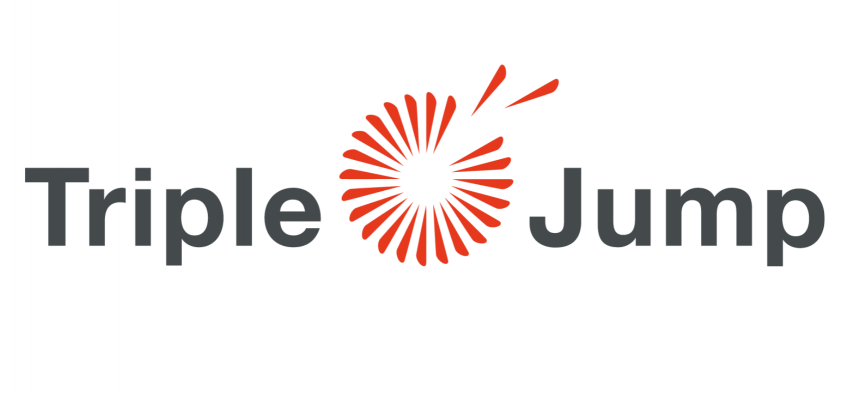 | This investement is also known as the Energy Entrepreneurs Growth Fund (“EEGF”). The investment is split 50/50 between AEF and Building Prospect (BP, FMO government fund). EEGF is a new investment vehicle with a flexible product offering, mainly providing debt financing (incl. mezzanine and subordinated debt) to high impact energy enterprises that are primarily active in off grid and/or decentralized energy solutions. EEGF is a unique concept co-created by Shell Foundation (“SF”) and FMO. EEGF will primarily invest in relatively small (2nd generation) companies that FMO could not finance directly. |